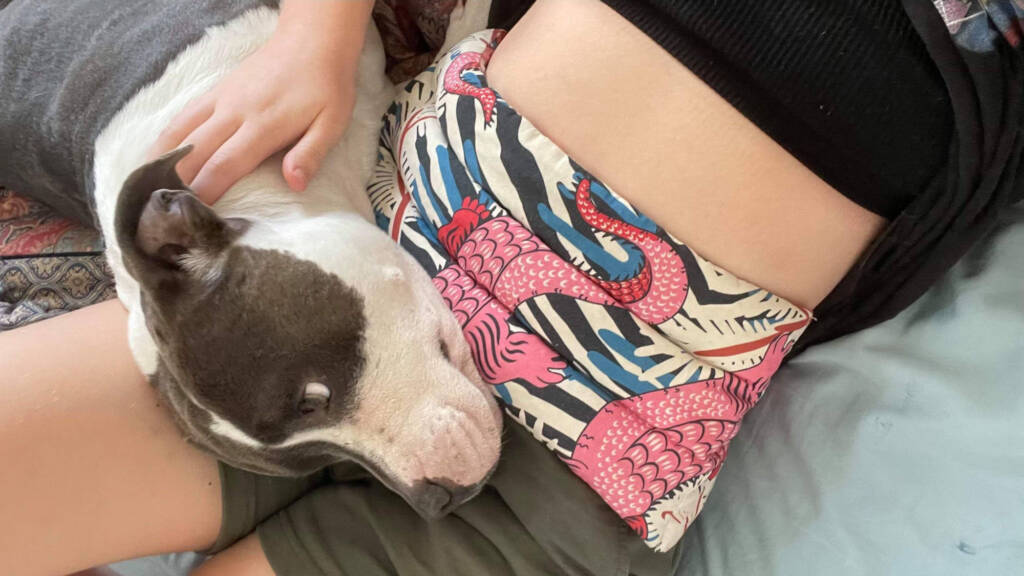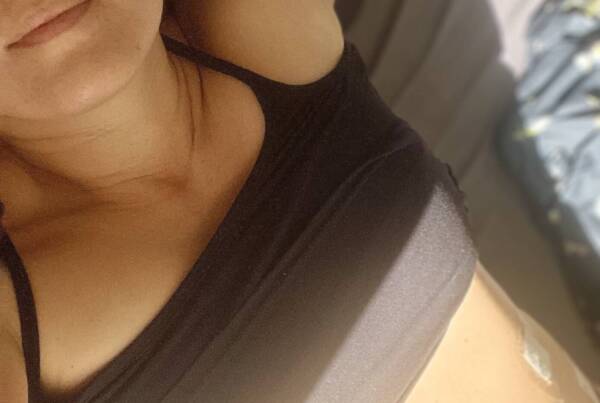Writing by Haylee Penfold
 A “spoonie” is an umbrella term used by the chronically ill community. It is used to demonstrate how much energy the individual has that day, and how their daily activity uses their “spoons”. For example, if I were to have 12 spoons, doing laundry would use 4 of them, making meals would be 2 spoons each meal, and that is on a good day. On a flare up day, I would only have half my spoons to get me through my day.
A “spoonie” is an umbrella term used by the chronically ill community. It is used to demonstrate how much energy the individual has that day, and how their daily activity uses their “spoons”. For example, if I were to have 12 spoons, doing laundry would use 4 of them, making meals would be 2 spoons each meal, and that is on a good day. On a flare up day, I would only have half my spoons to get me through my day.
I’ve identified as a spoonie for more than seven years now and along the way I’ve learnt a few tricks to make day to day life a little easier to manage. I wanted to share in case my experience can help other spoonies:
- You know your body – it took me almost four years to reach a diagnosis for my condition. I was told numerous times that what I was experiencing was normal for a “young woman”, but I knew in my gut that something was off. If you don’t think you’re getting the answers from your specialist that you’re after, try again – find someone new. And once you do have a diagnoses, take the time to research and gain a better understanding of your condition and what it involves.
- Record your symptoms – Writing down what symptoms you have and when can make it easier to identify patterns. By doing this, I was able to figure out when in my cycle my symptoms were worse so I could better prepare for it. I highly recommend The Spoonie Society’s symptom journal which makes the tracking a lot easier. Your specialists will also appreciate being able to look at your diary to see how you’ve been between appointments.
- Make a flare up plan: flare ups are when your symptoms are more intense than usual. When this happens it’s sometimes hard to think about anything other than the symptoms themselves. Making a step-by-step plan for times like this can make it easier to manage. My plan usually starts with a warm bath and empson salts, a heat pack and then progress to implementing pain relief and if that doesn’t control my pain to a manageable level that is when I seek medical attention.
- Construct a support circle: living with a chronic condition/s can have a huge impact on your life and can be hard to adjust to. Talking to your close circle of friends and family can help but often, it can be hard for them to offer advice when they don’t know a lot of the answers. Joining support pages for people with my condition has been really helpful as I can talk to others in a similar situation which made me feel a lot less isolated. Another important thing to consider is therapy, having a specialist to upkeep the physical side of chronic health is important but also a therapist to help maintain a health mindset is crucial.
- Set boundaries: setting boundaries is really important but can also be quite challenging to implement in real life. It’s been seven years of me being unwell and I still struggle with this. Things like saying you can’t make it to a social event because you’re unwell, or having to leave early because you’ve run out of energy. Countless times I have overdone it by wanting to keep up with my “healthy” friends and had a flare up the next day as a result. Practicing saying “hey, I can’t make it since I’m not feeling up to it, perhaps we can do ___ instead another day?” or “I’m having a bad day today, can we catch up on ___ instead?” following up with another plan is always good, but don’t pressure yourself to lock in a day as health conditions can be unpredictable.
- Find new hobbies: some of the hobbies I used to enjoy are challenging to do while I feel unwell. Finding hobbies I can still do on my bad days has been really beneficial for me. Things like reading, embroidery and painting are all low energy activities and won’t take too many of my spoons away but will still give me that feeling of fulfillment. Try a few things out, you’ll never know what you enjoy until you try.
In the end the most important thing is self-care, find your way of seeking happiness that doesn’t effect your health. You are worthy and deserving of love not just from yourself but others. You are not just your diagnosis, that is just one part of you and there are so many more wonderful parts to you.






